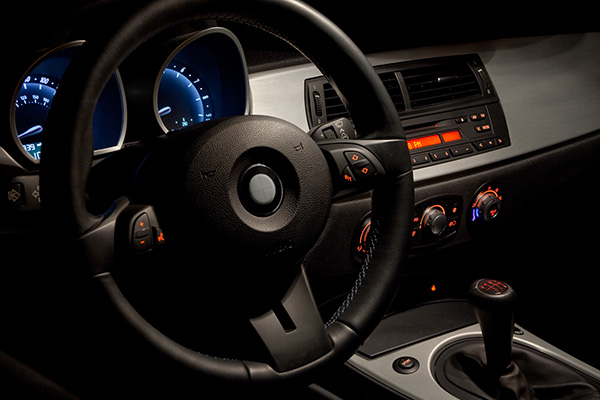Posted on 6/28/2024

When it comes to reliability, the automotive world often places Honda on a pedestal. Known for their longevity and dependability, Honda vehicles are a staple choice for many. But what about Acura, Honda's luxury brand? Are Acura cars as reliable as their Honda counterparts? Let's explore the nuances that differentiate and connect these two brands. The Honda Legacy of Reliability Honda has built a reputation for creating vehicles that last. With a focus on engineering excellence, Honda cars often rank high in reliability studies. The brand's commitment to quality manufacturing processes, robust engineering, and regular innovation has ensured that its vehicles are both durable and dependable. Consumers trust Honda because of this consistent track record, which includes high resale values and long lifespans for their cars. Acura: Honda's Luxury Sibling Acura was launched by Honda in 1986 as a luxury vehicle brand. The goal was to combi ... read more
Posted on 5/28/2024

Detecting warning signs of potential issues when driving your BMW with a manual transmission is crucial for preventing costly repairs. This article will highlight five key warning signs that indicate transmission problems. By recognizing these signs early on, you can address any issues promptly, ensuring the continued smooth operation of your BMW. 1. Strange Noises Ever noticed unusual grinding, whining, or clunking noises when shifting gears? These could be indicators of transmission problems. Pay attention to any unfamiliar sounds coming from your BMW's manual transmission, as they may signify issues with gears, bearings, or synchronizers. 2. Difficulty Shifting Gears Smooth gear transitions are essential for an enjoyable driving experience. If you struggle to shift gears or experience resistance when engaging the clutch, it's time to investigate further. Difficulty shifting gears could point to clutch wear, hydraulic system issues, or in ... read more
Posted on 4/26/2024

Have you ever wondered what it means when you see the term "ASE Certified" at an auto repair shop? It's more than just a fancy title; it signifies a level of expertise and professionalism in the automotive industry. What Exactly ASE Certification Is ASE, or Automotive Service Excellence, certification is a credential awarded to automotive professionals who have demonstrated mastery in specific areas of vehicle repair and maintenance. Established in 1972, ASE certification aims to promote excellence and raise standards within the automotive industry. Technicians undergo rigorous testing and must pass exams covering various aspects of automotive repair, ranging from engine performance to electrical systems. Why ASE Certification MattersQuality Assurance When you entrust your vehicle to an ASE-certified technician, you can rest assured that you're receiving top-notch service. ASE certification validates a tec ... read more
Posted on 3/22/2024

Embarking on selecting your ideal Audi SUV can be as exciting as overwhelming. With an array of models, features, and specifications, finding the perfect fit is like searching for a needle in a haystack. We'll navigate the lineup of the German maker's SUVs together, unveiling key factors to help you make an informed decision. Understanding Your Needs Before delving into the vast ocean of Audi SUV options, assessing your needs and preferences is crucial. Are you seeking a spacious family vehicle, a luxurious ride for solo adventures, or perhaps a blend of both? Consider your lifestyle, commute patterns, cargo requirements, and desired driving experience. By defining your priorities, you can narrow down the extensive lineup of Audi SUVs to those that seamlessly align with your lifestyle. Cracking the Performance Metrics Beyond aesthetics and co ... read more
Posted on 2/28/2024

Are you in the market for a new car? Perhaps you're considering a MINI, known for its iconic design and compact size. But before you make a decision, it's essential to answer a crucial question: Are MINI's vehicles reliable? Buckle up, and let's explore whether MINI is the right choice for you. Exploring MINI's Reputation for Reliability When it comes to purchasing a vehicle, reliability is often at the top of the list of priorities for consumers. After all, no one wants to invest in a car that will constantly be in the shop for repairs. So, where does MINI stand in terms of reliability? To be honest, it doesn’t have the best reputation, but there are exceptions. That’s why we will also share three models with some of the highest dependability ratings. The MINI Cooper - 2016 One of the most popular models in the MINI lineup is the MINI Cooper, specifically the 2016 one. With its sleek design and agile performance, the Cooper has captured the hearts o ... read more